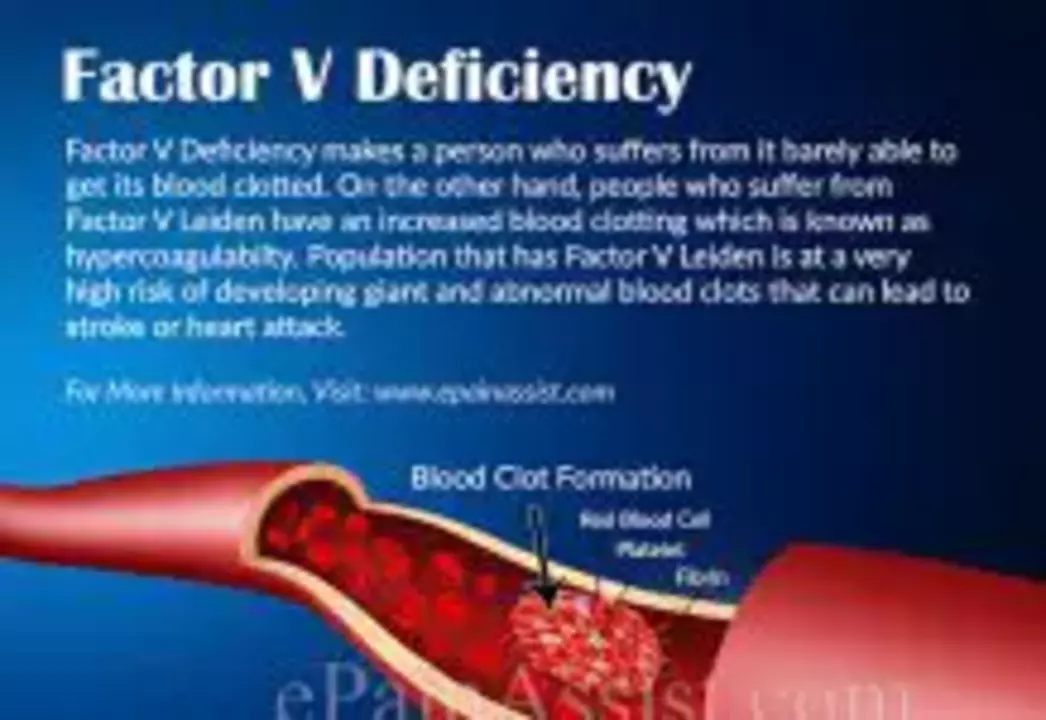Prevention: Simple Steps to Avoid Infections, Medication Mistakes, and Scams
Ever thought most health problems you worry about are preventable? From infections tied to catheters to buying meds on sketchy websites, a few practical steps lower risk a lot. This page collects clear, useful prevention tips you can use right away.
Start with hygiene. Wash hands with soap for 20 seconds before eating, after the bathroom, and after visiting sick people. For wound care, clean the area, cover with a sterile dressing, and change it daily. If you or a family member uses a catheter, follow the care routine your nurse shows you and report redness, fever, or cloudy drainage fast.
Safer Medicine Use
Read labels and follow the prescription. Keep a current list of your medicines and share it with every doctor. Avoid mixing drugs without checking interactions - ask a pharmacist or use a trusted interaction checker. If you have a penicillin allergy or other allergy, make sure it is recorded clearly and ask for alternatives when needed.
When choosing antibiotics, remember not every infection needs them. Overuse raises resistance and makes future infections harder to treat. Use antibiotics exactly as prescribed and finish the course unless your doctor tells you otherwise.
Buying Drugs Online and Supplements
Buying meds online can save time, but scams are common. Check the pharmacy's license, look for a physical address and phone number, and read independent reviews. Avoid sites that sell prescription drugs without asking for a prescription. If a deal looks too good, it probably is.
For supplements like Jiaogulan or Cherokee Rosehip, treat them like drugs: check evidence, dose carefully, and tell your doctor. Natural does not always mean safe - some herbs interact with prescription meds or cause side effects.
Preventive habits matter too. Vaccines protect against serious diseases; stay up to date on shots recommended for your age and health. Manage chronic conditions like diabetes and high cholesterol with regular checkups, diet, and the right medication choices. Lifestyle steps - sleep, stress control, and regular exercise - reduce risk across the board.
Spot trouble early. Learn warning signs like unexplained fever, sudden shortness of breath, yellowing skin, or severe stomach pain. For mental health, pay attention to persistent anxiety, agitation, or changes in sleep and appetite. Seeking help early often makes treatment simpler and more effective.
If you want practical reads from this site, search posts tagged "prevention" for guides on safe online pharmacies, catheter-related infections, statin alternatives, and more. Use the info to ask smarter questions at your next doctor or pharmacy visit - that's prevention that pays off.
Want quick checks? Keep a thermometer, a list of your allergies, and a small first aid kit at home. Before buying anything new, read one reliable article and ask your pharmacist two questions: does this interact with my meds, and is the dose right for me? Small habits prevent big problems and save time, money, and worry.
Bookmark prevention posts and check them before making health decisions today.


